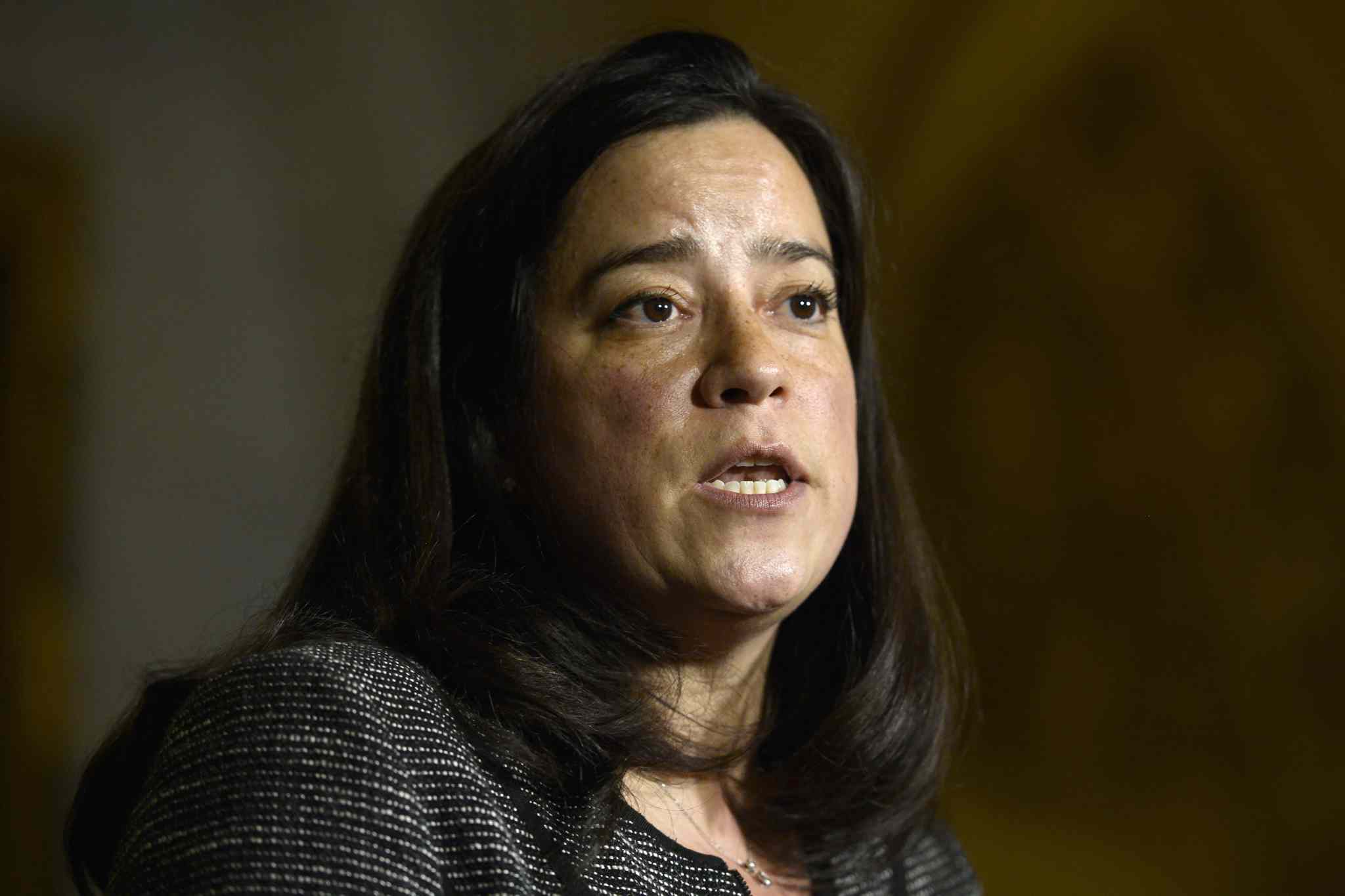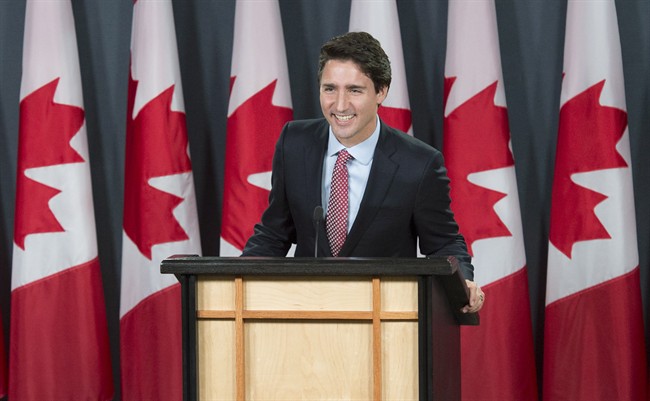Republished from the Brandon Sun print edition January 16, 2015

As the price of gas continues to drop, many of us happily top up tanks that just a few short months ago may have required financial assistance to fill. Without a doubt, the trip to the pump has been easier on the pocketbook, and for the most part is not seen as a problem by those not directly connected to the oil and gas industry.
Although those cheap gas prices have sweetened the deal, looking around there are small indicators that we have begun to feel the effect locally.
However, a recent road trip I took down the Trans-Canada Highway to Calgary and up to Red Deer opened my eyes as to the true result of an impending oil recession.
That area has growing numbers of both houses and vehicles — former fast starters, I might add — lingering for sale, and oil rigs sit silent near the heart of the “patch.” The price of oil and mentions of stockpiled barrels dominate headlines in the local papers, and talk of it rests on the tongues of so many throughout the region.
The realities of an oil recession are upon Canadians, and it could not have come at a worse time for politicians looking to capitalize on support in that very patch.
Prime Minister Stephen Harper and Finance Minister Joe Oliver made promises of a balanced budget prior to the next federal election, a promise that started back before the untimely passing of former finance minister Jim Flaherty.
The challenge now for Harper and Oliver will be to meet their goal of a balanced budget prior to heading to the polls, all the while facing what the Conference Board of Canada says will be an economic recession in Alberta — a place where the Conservative party holds a bit of a home-turf advantage.
Some of the larger oil companies have noted that they will experience downturns this year, and the smaller companies, including some close to our region, have shuttered the doors until it becomes more economically viable to start the drills again.
Layoffs have already begun throughout the sector, with the hardest-hit areas being the East Coast and Alberta. What will further drive the issue home in the industry is when reserves dry up from current company stockpiles and more production looks to take place in markets other than our own.
One has to wonder whether the Harper government is in denial of the current situation. There is a need for intervention as the resulting outcomes from continued oil price drops will cause a ripple in many regions, ours included, through the next federal election and beyond.
This government made a firm commitment to Canadians that the budget would be balanced in the next year, as well as making promises to move forward with tax cuts, including the somewhat unpopular income-splitting scheme.
Harper is not about to renege on those promises, so Canadians now play the waiting game to see what other cuts will come forward in light of the current scenario.
No government wants to deal with recession economics any year, let alone an election year, and how the prime minister and his team respond to this will be indicative of whether they keep a hold of their power much longer.
Media reports continue to cast a bleak light on the current scenario, harkening back to the days when 30,000 jobs were lost and housing starts fell 75 per cent throughout Alberta during the last recession.
As for places like Red Deer, where work travel allowed me to pen this column, the effect will continue to be felt and the ripple will last long past the current election cycle. Whether it is long enough for Albertans to sour on the Harper government and make a change remains to be seen.
The indications are this will take a long time to turn around, and unlike the interest rate jumps of the early 1980s — when many rates changed drastically in a short period of time — the writing has been on the wall for a while that the oil bubble may deflate.
The Harper government is staring down a “canary in the coal mine” moment and spinning this story in a positive light will be increasingly difficult for them as prices drop and jobs, much like the oil supplies, dry up.




Social Profiles